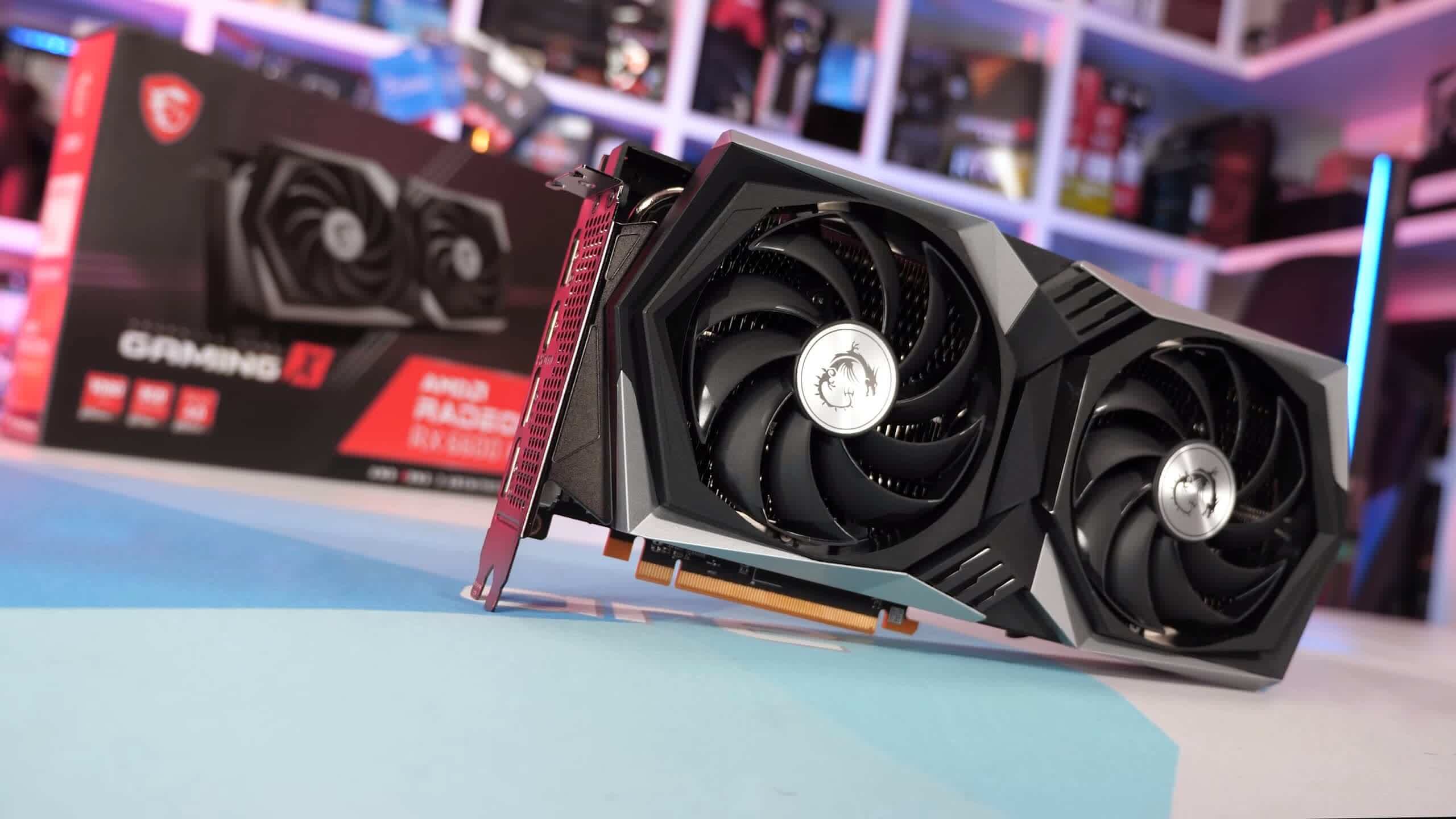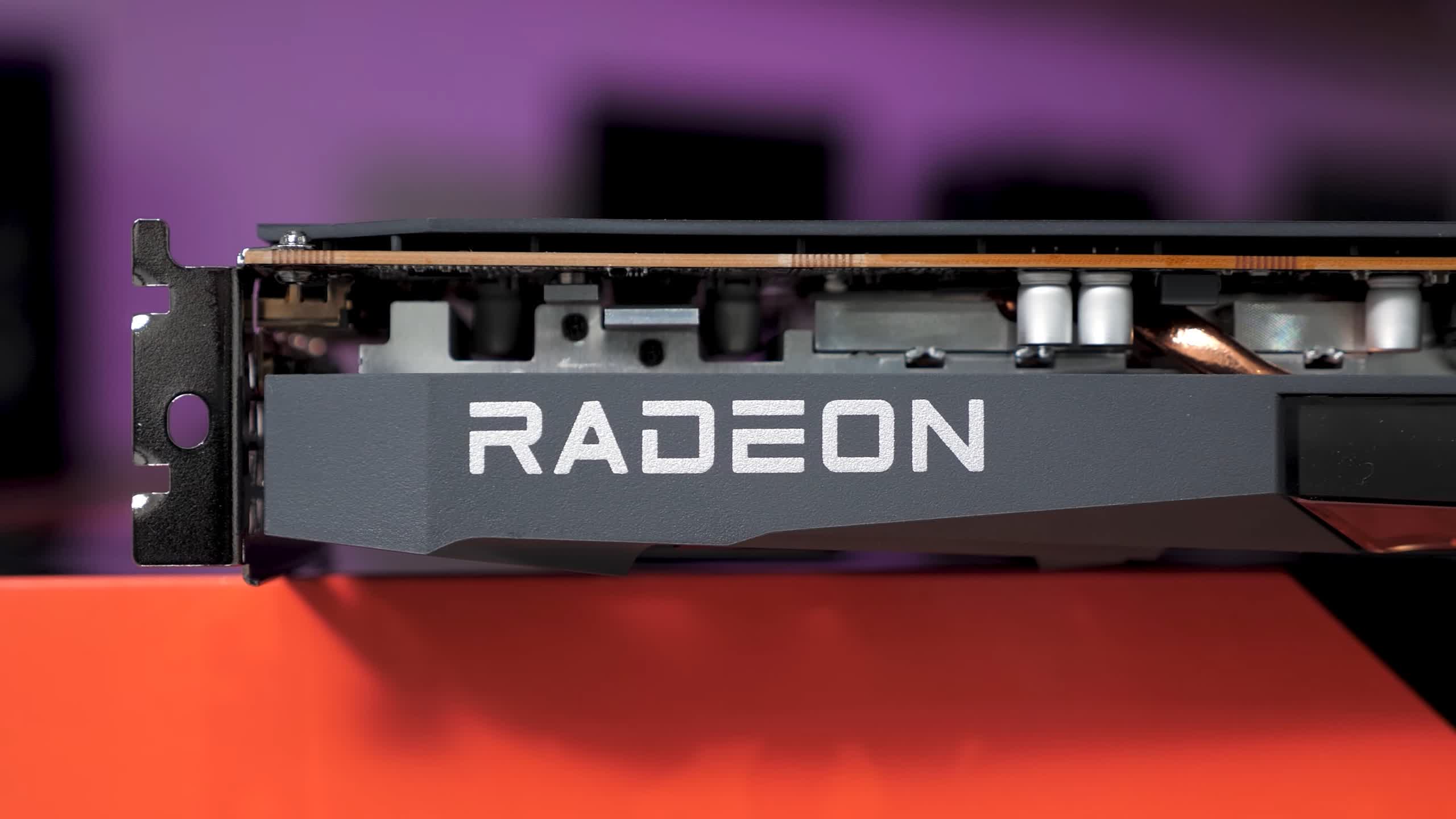In context: Like Nvidia's DLSS upscaling tech, AMD's FSR requires additional effort from developers to get implemented into a game. However, Team Red might be looking to change that by making the upscaling algorithm behind FSR available via the Radeon Software for any game that can run in exclusive fullscreen mode.
Back in June, AMD launched its competitor to Nvidia's DLSS tech in the form of FidelityFX Super Resolution (FSR), an open source technology that works on both AMD and Nvidia hardware as well as Intel's upcoming Alchemist GPUs.
As our own Tim Schiesser noted in his preliminary analysis of FSR, AMD managed to come up with an upscaling solution that is good enough when playing at 4K and 1440p resolutions unless you're using the more aggressive performance presets. It's not capable of matching Nvidia's DLSS 2.0 or later revisions in reproducing fine details and it suffers from more shimmering and image artifacts when in motion, but it does offer a similar increase in performance.

Half a year later, adoption is looking pretty strong with 70 current and upcoming games offering support for Team Red's non-AI upscaling tech. However, a VideoCardz report says the company is also working on a different variant of FSR that is designed to work in "nearly all games."
If true, this is likely being built as a response to Nvidia's Image Scaling tool that has recently been updated to provide FSR-like image upscaling and sharpening capabilities via the Nvidia control panel. There is a catch, however --- in order to use AMD's upcoming Radeon Super Resolution (RSR) feature, you'll need to use an RX 5000 series or newer GPU and run your game in exclusive full-screen mode.
Unlike FSR, Radeon Super Resolution won't require developers to implement it as part of the rendering pipeline of their games, which means you won't have to wait before you can use it in your favorite titles. The trade-off is that FSR leaves UI and in-game HUD elements at native resolution, while the new solution will just apply the upscaling algorithm to the entire video output. As a result, the image will be softer than with FSR but some people might be willing to accept that on a lower-end graphics card like the Radeon RX 5500 XT.
As usual, take this with a pinch of salt. Still, AMD is expected to announce RSR at CES 2022 alongside the Radeon RX 6500 XT and the Radeon RX 6400, so hopefully we'll learn more soon.
